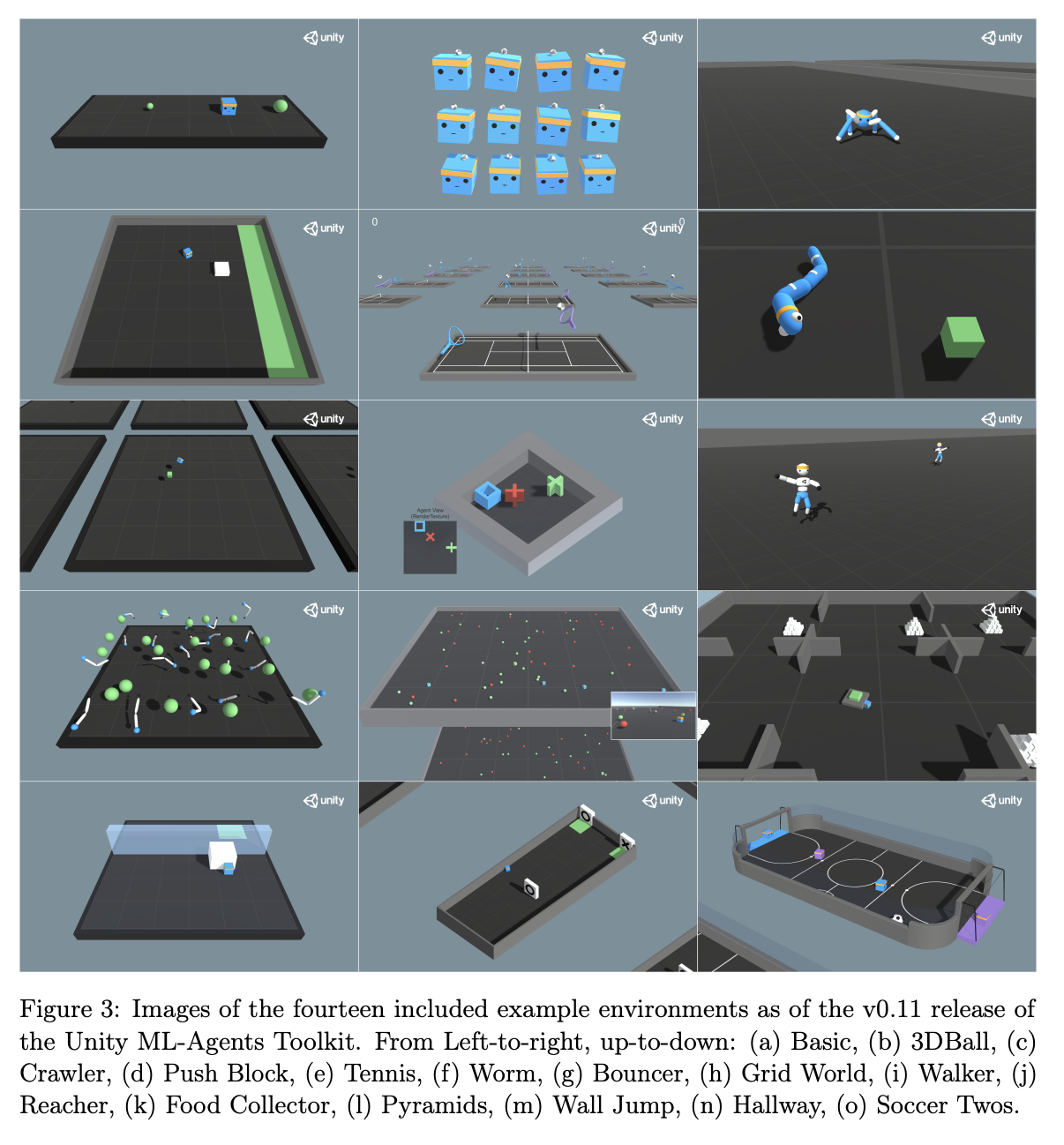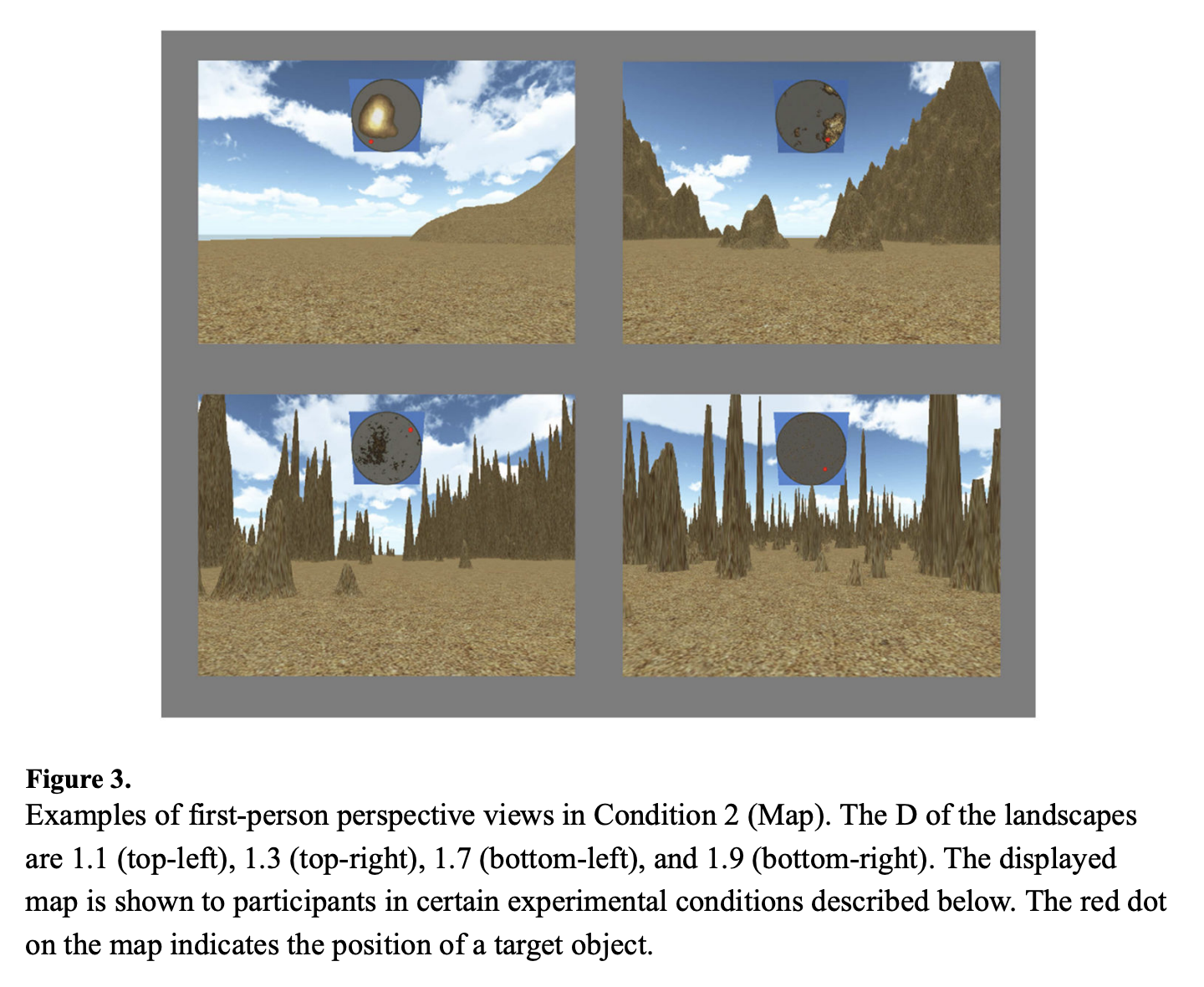Arthur W. Juliani, PhD
Research Scientist
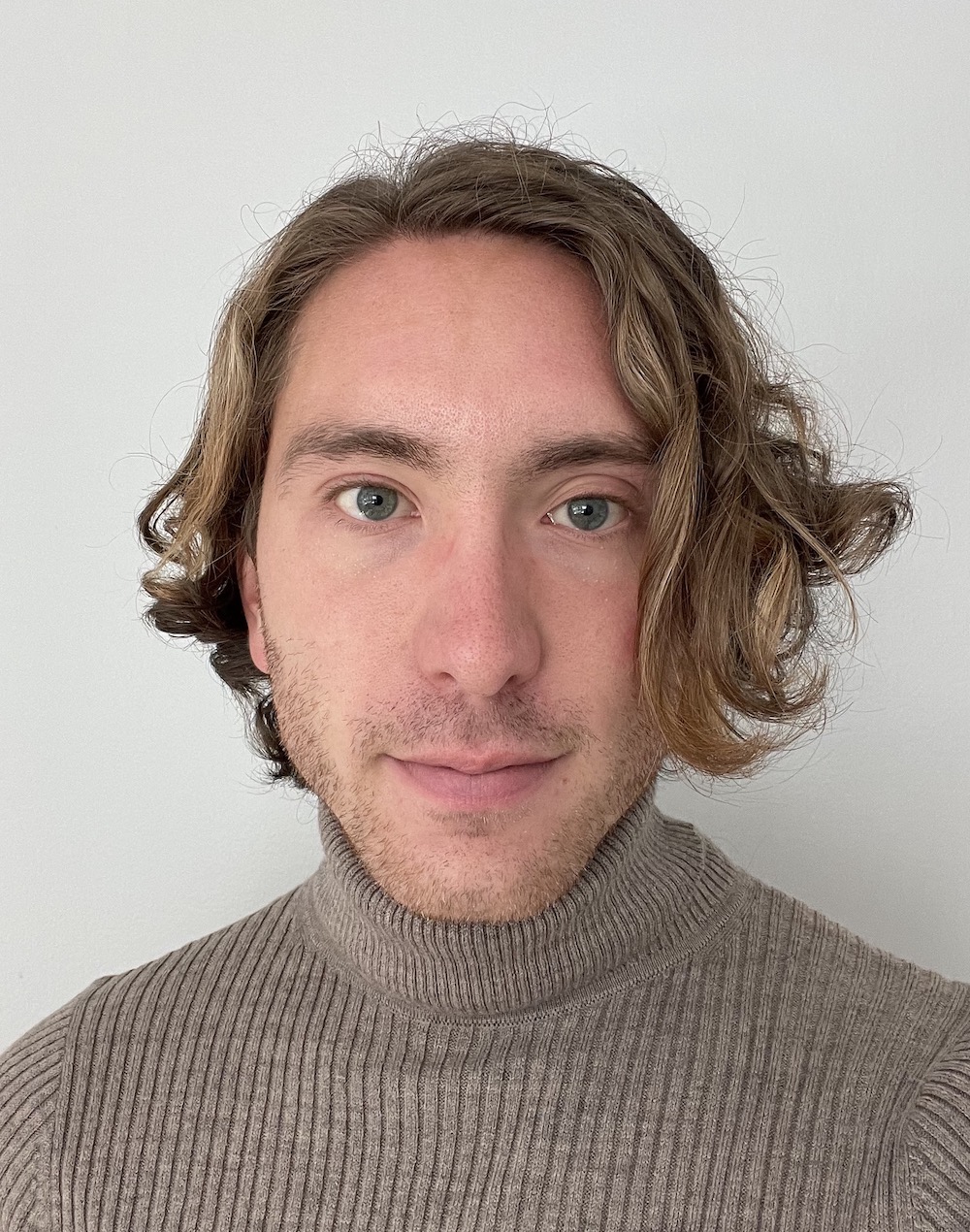
I am an interdisciplinary researcher working across machine learning, neuroscience, psychology, and philosophy. My research focuses on computational approaches to understanding consciousness, cognition, and mental health, as well as evaluating the cognitive and social capacities of modern AI systems. I have built widely-used open-source tools for reinforcement learning research and developed various popular educational resources related to my research interests.
I am currently a senior research scientist at the Institute for Advanced Consciousness Studies, where I have been studying the social inference capabilities of large language models in embodied virtual environments and collaborating on developing a theoretical framework for embodiment-based self-and-other-care in artificial agents.
As a postdoctoral research fellow at Microsoft Research, I worked on machine learning theory, computational neuroscience, and psychedelic science. This included leading a project on distributional shift and robustness in deep neural networks, resulting in a NeurIPS Spotlight paper, as well as developing the Neuro-Nav open-source library for deep reinforcement learning research in psychology and computational neuroscience.
At Araya Inc I led projects studying the potential for deep learning architectures to capture the functional properties of leading models of consciousness. This included a proposal that the Transformer architecture can be understood as a functional Global Neuronal Workspace, validated on working memory and attentional control tasks.
While at Unity Technologies, I was a founding developer of the ML-Agents Toolkit (18.9k GitHub stars), an open-source library for training deep reinforcement learning agents in virtual environments. I also led the development of the Obstacle Tower Challenge, a reinforcement learning competition attracting over 600 competing teams.
My graduate research at the University of Oregon focused on human navigation and computational models of the brain systems which support it. I used a combination of behavioral experiments and computational modeling to develop a deep learning inspired model of the hippocampal place cell system.
latest posts
| Feb 24, 2026 | Can Machine Learning Help Explain Mysticism? |
|---|---|
| Feb 7, 2026 | A Simple Machine Learning Perspective on Psychedelics and Neuroplasticity |
| Jan 8, 2026 | What’s Your Metaphysics? |
selected publications
2024
-
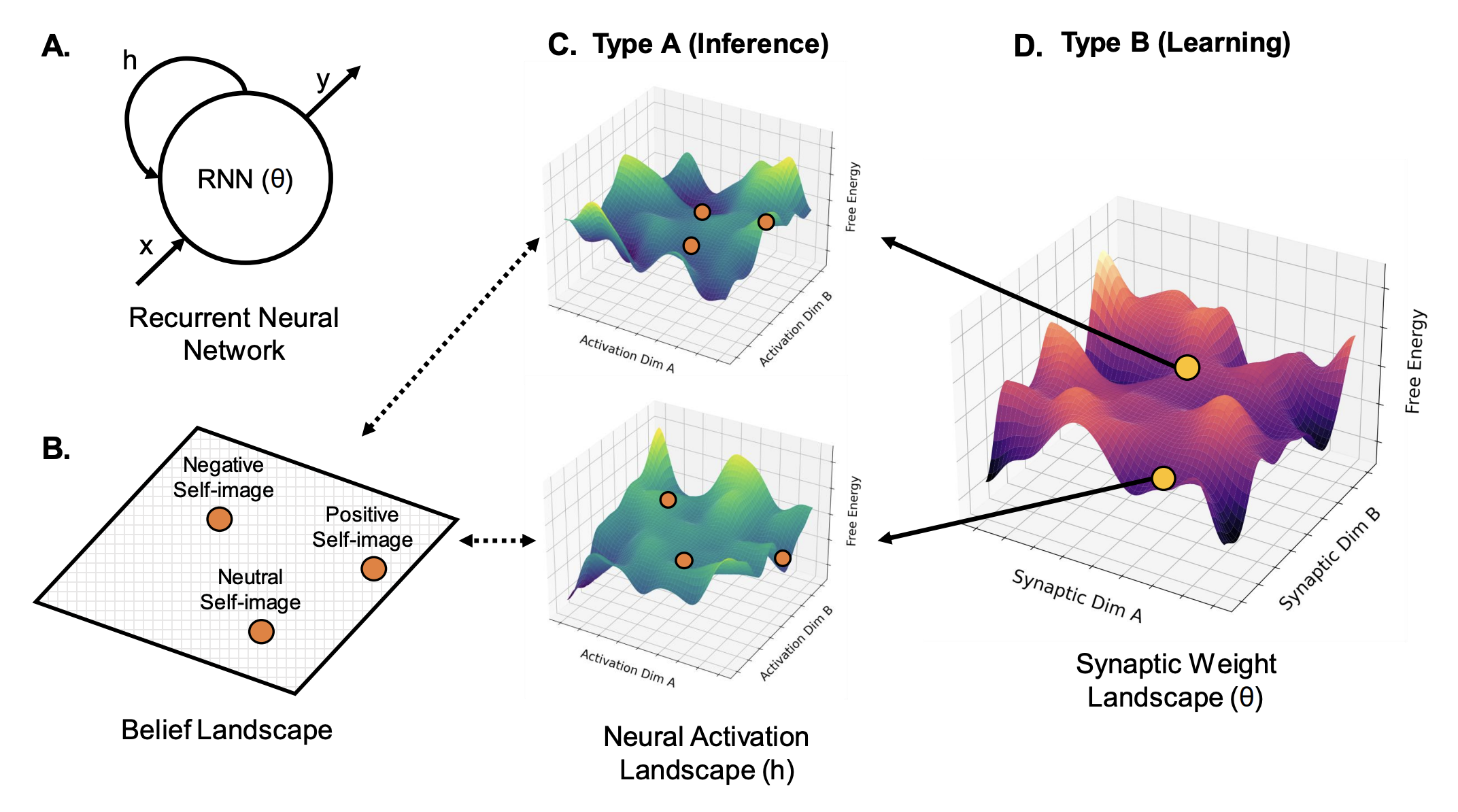 Deep CANALs: A Deep Learning Approach to Refining the Canalization Theory of PsychopathologyNeuroscience of Consciousness, 2024
Deep CANALs: A Deep Learning Approach to Refining the Canalization Theory of PsychopathologyNeuroscience of Consciousness, 2024 -
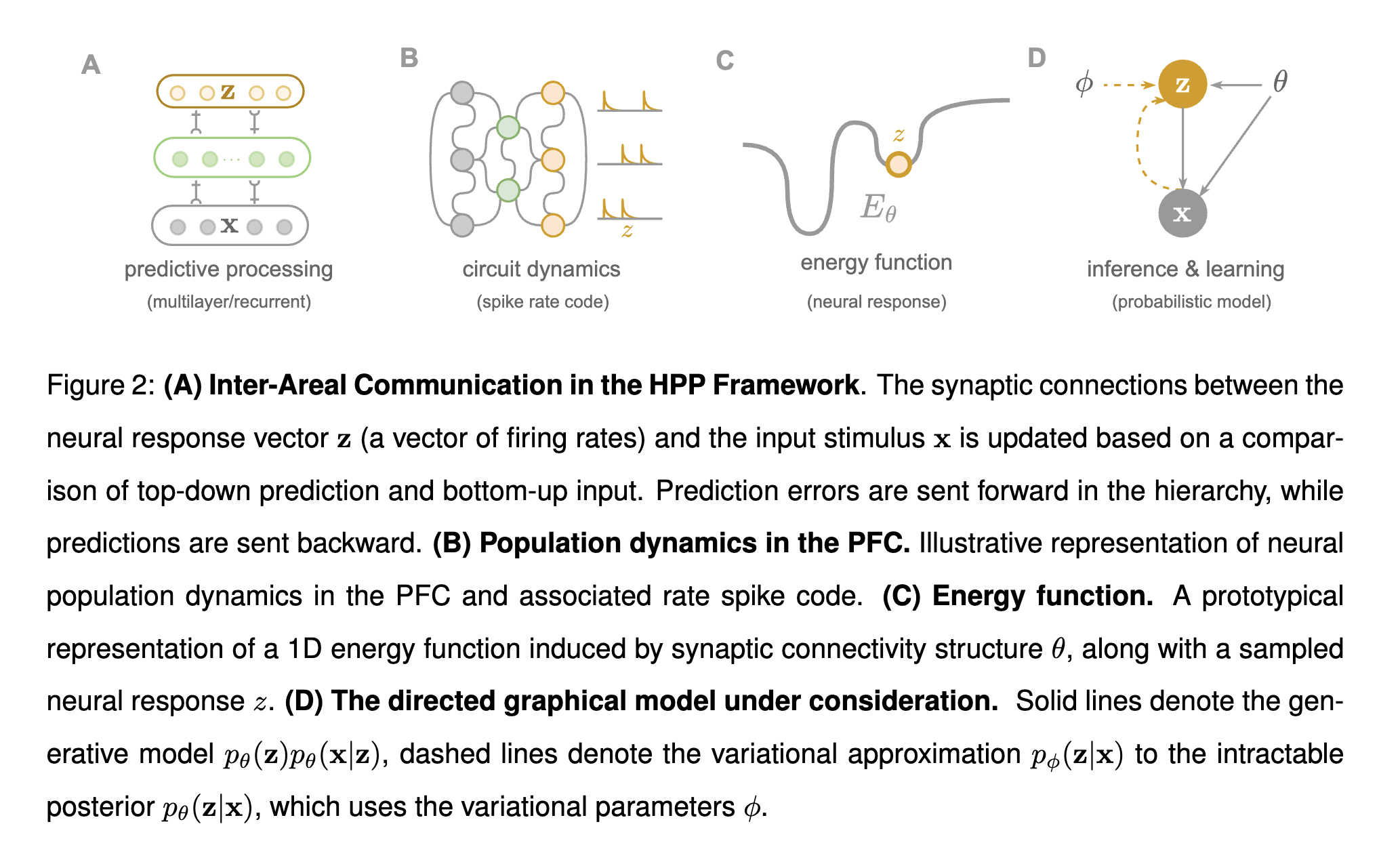 A dual-receptor model of serotonergic psychedelics: therapeutic insights from simulated cortical dynamicsbioRxiv, 2024
A dual-receptor model of serotonergic psychedelics: therapeutic insights from simulated cortical dynamicsbioRxiv, 2024 -
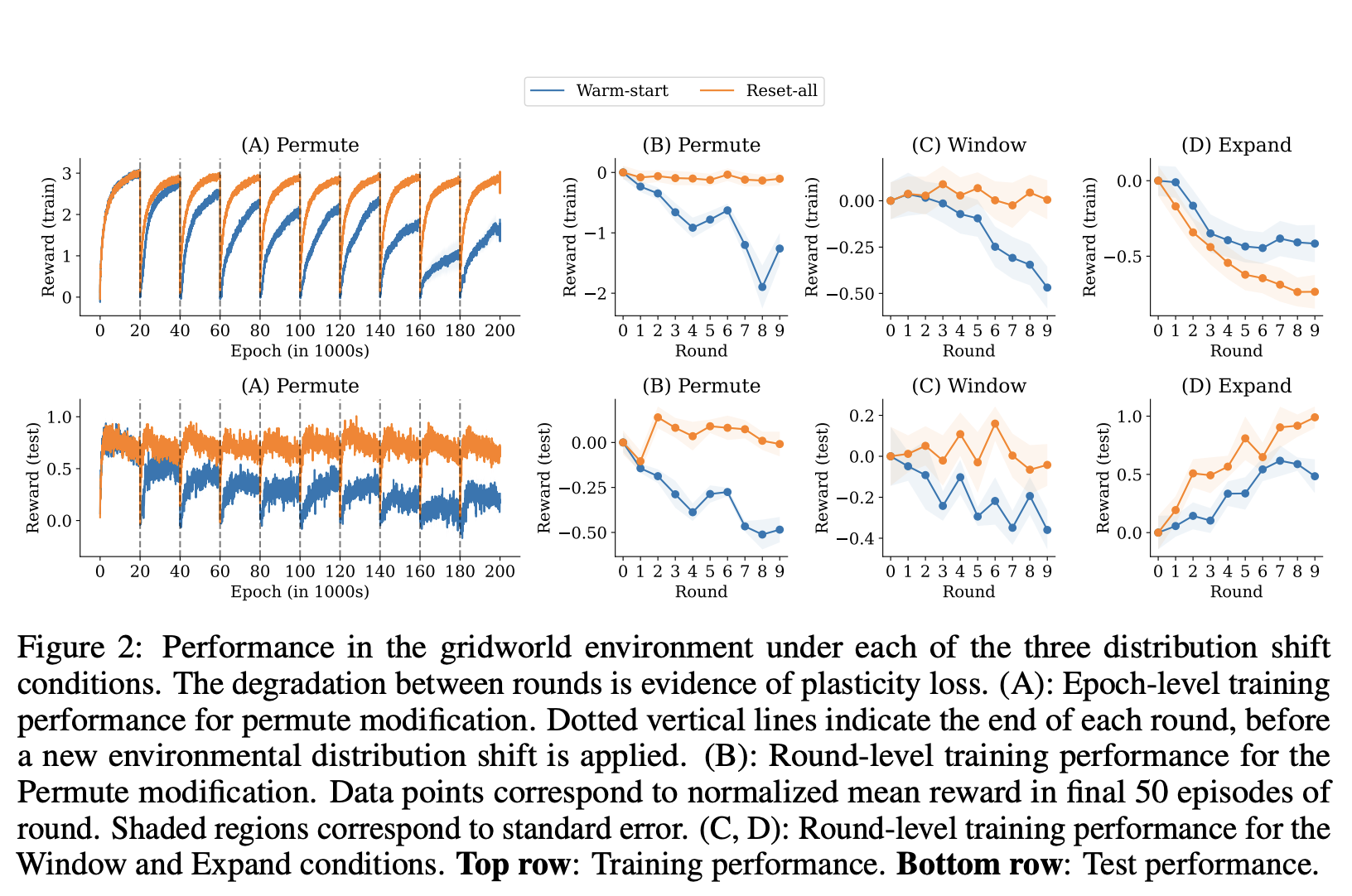 A Study of Plasticity Loss in On-Policy Deep Reinforcement LearningAdvances in Neural Information Processing Systems, 2024
A Study of Plasticity Loss in On-Policy Deep Reinforcement LearningAdvances in Neural Information Processing Systems, 2024
2022
-
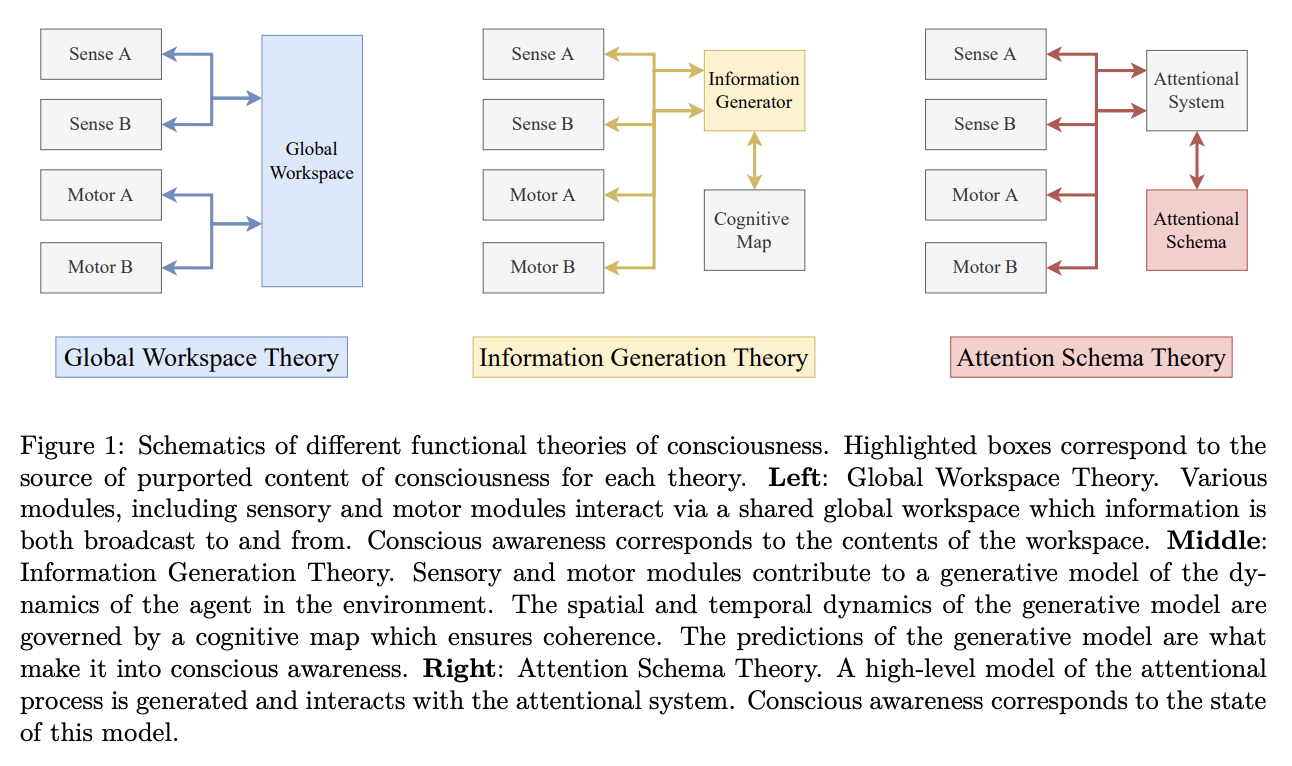 On the link between conscious function and general intelligence in humans and machinesTransactions on Machine Learning Research, 2022
On the link between conscious function and general intelligence in humans and machinesTransactions on Machine Learning Research, 2022
2019
-
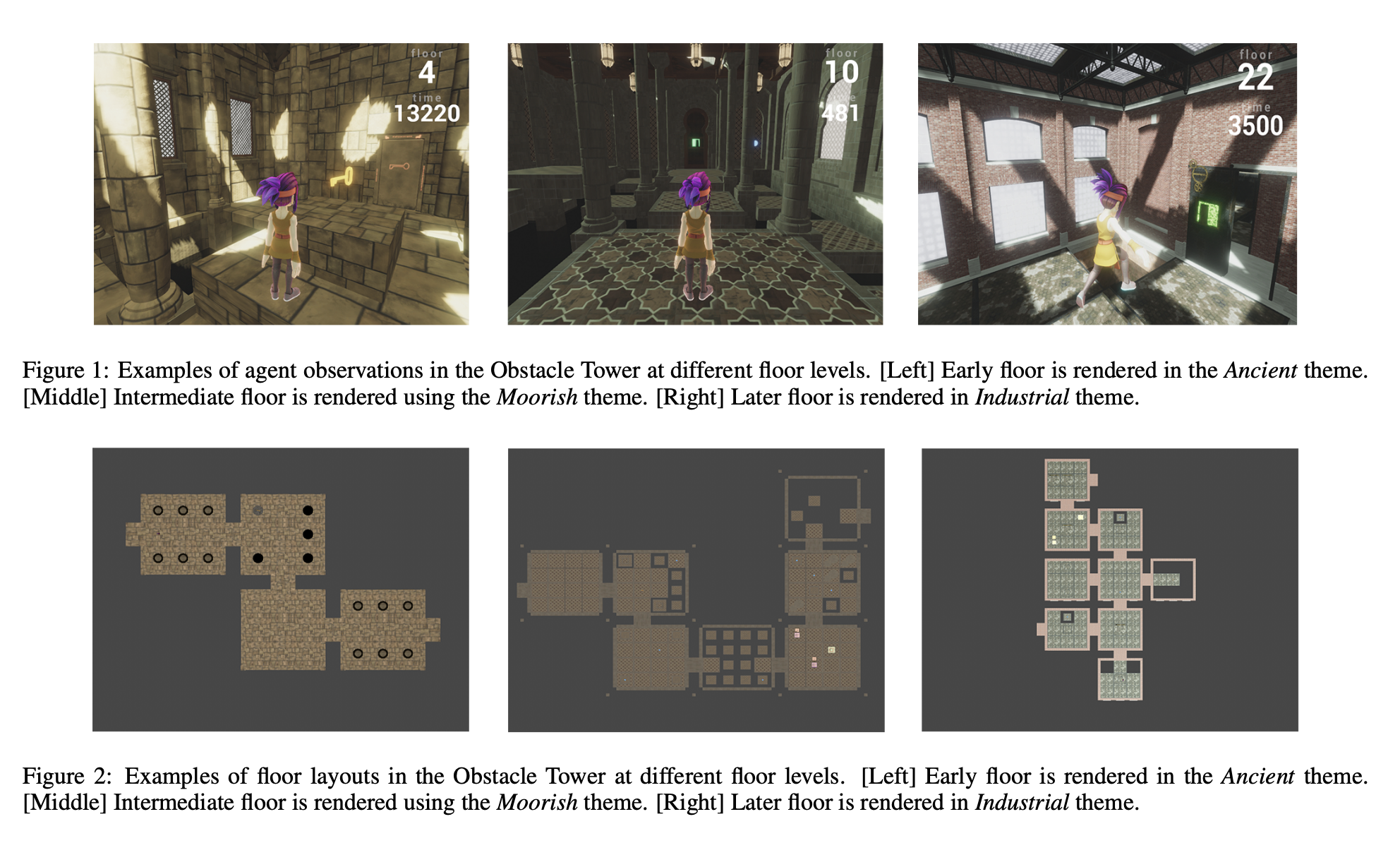 Obstacle tower: A generalization challenge in vision, control, and planningarXiv preprint arXiv:1902.01378, 2019
Obstacle tower: A generalization challenge in vision, control, and planningarXiv preprint arXiv:1902.01378, 2019
